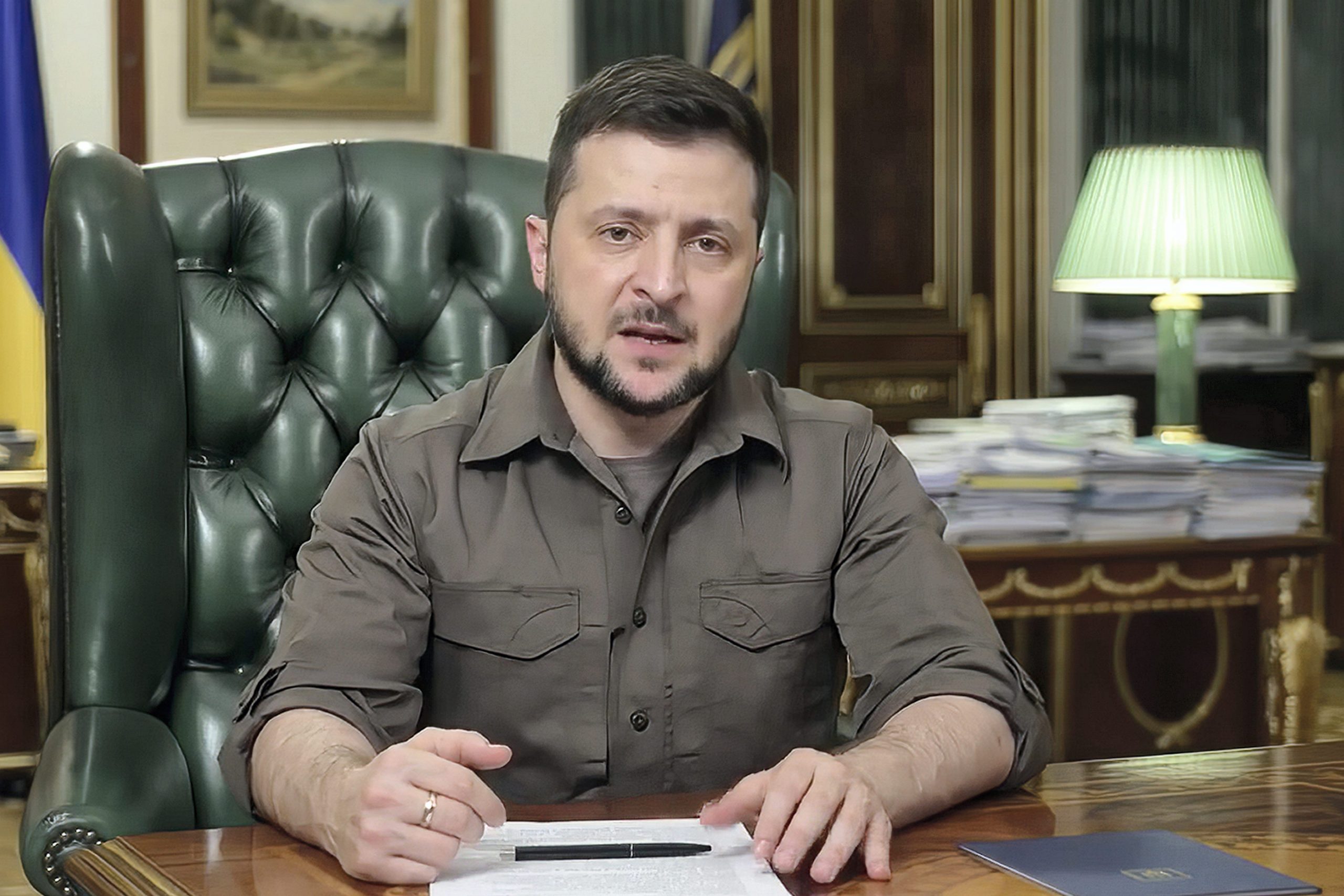Ukraine’s President Volodymyr Zelensky used his address to South Korea’s parliament on Monday to request weaponry to aid his country’s defence against Russia, despite the fact that South Korea’s Defense Ministry had already declined the request.
Also read: Russia rated ‘selective default’ on foreign debt amid EU planning more sanctions
“Ukraine needs support for its military, including planes and tanks,” Zelensky told the Korean lawmakers, adding, “South Korea can help Ukraine. South Korea has various defense systems that could defend against Russian tanks, ships, and missiles. We would be grateful if South Korea could help us to fight Russia. If Ukraine can have these weapons, they will not only save the lives of ordinary people, but they’ll save Ukraine.”
Earlier on Monday, South Korea’s Defence Ministry spokesperson, Boo Seung-chan, stated that the ministry had declined Ukraine’s request for an anti-air weapon system and that the country could not send lethal weapons due to its own “national security situation and military readiness posture.”
Also read: Ukraine’s unique crowdsourcing model resisting Russia: Explained
Seoul has repeatedly stated that it will not give lethal weapons or deploy its military to assist Ukraine. A defence ministry spokesperson revealed to CNN last month that it sent non-lethal military supplies worth roughly $800,000, including bulletproof helmets, tents, blankets, bedspreads, ready-to-eat meals (MREs), first aid kits, and medicines.
On Monday, Zelensky pleaded for Seoul’s backing once more, citing the international community’s support for South Korea during the Korean War, which lasted from 1950 to 1953.
According to a report from the UK Ministry of Defense, Russian armed troops continued to shell the Donetsk and Luhansk regions of eastern Ukraine on Monday.
Also read: Bucha massacre to Russian oil import: What to expect in India-US 2+2 talks
The evaluation states that Ukrainian forces repelled repeated attacks, resulting in the destruction of Russian tanks, vehicles, and artillery equipment.
The UK study reveals that Russia’s previous use of phosphorous munitions in Donetsk “raises the possibility of their future employment in Mariupol as fighting for the city intensifies.”
“White phosphorus can burn people to the bone, smolder inside the body, and reignite when bandages are removed,” according to Human Rights Watch.
In populated areas, munitions are either prohibited or restricted by international law.







